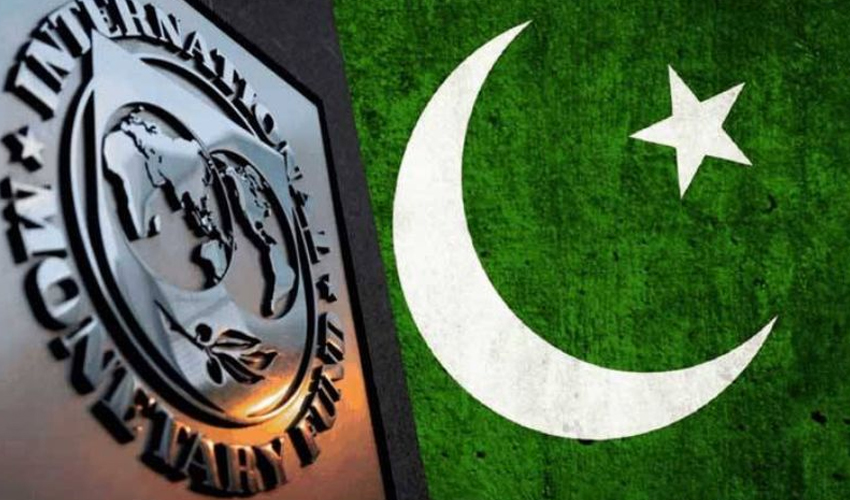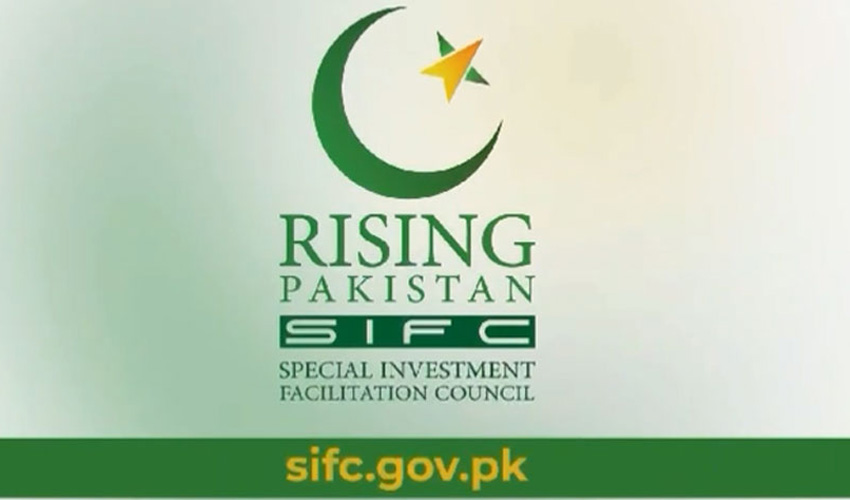Pakistan and the International Monetary Fund (IMF) have entered their second day of talks aimed at securing a new bailout package to address economic challenges and implement crucial reforms.
Sources familiar with the negotiations revealed that Pakistan has informed the IMF about the priorities of its economic reform agenda. Among the key priorities discussed are the increase in the tax-to-GDP ratio and reforms in the tax machinery to enhance revenue generation.
Additionally, part of the agenda includes the reform or privatization of government-owned enterprises that burden the national exchequer. The registration of traders, along with efforts to document and digitize the economy, is also high on the agenda.
Also Read: After introductory meeting, IMF stresses political stability for economic stability
Reforms to ensure the financial stability of the energy sector in the future have been emphasized. The Ministry of Finance is optimistic about the impact of these reforms, projecting that GDP growth will exceed 5% within two years.
Moreover, Finance Ministry sources anticipate a reduction in inflation to single digits of 5% to 7% by the end of the next financial year. The IMF has also been assured of expanding the social safety net.
The sources say that the IMF has urged immediate investment in human capital and infrastructure, emphasizing that financial stability is crucial for poverty eradication and sustainable economic development. The IMF has also committed to capacity building and technical assistance in various sectors.
Also Read: Will not back down from expanding tax net, minister insists
Meanwhile, in parallel discussions, the Federal Board of Revenue (FBR) is set to hold two rounds of talks with the IMF. Prior to that, the FBR chairman met with Finance Minister Muhammad Aurangzeb to review the progress of ongoing negotiations with the IMF. FBR officials briefed the finance minister about new IMF demands and their implications.
Discussions during the meeting focused on bringing real estate and agriculture into the tax net, along with addressing legal complexities. The finance minister directed the FBR to take all possible steps for digitization and implement a track and trace system. FBR officials will inform the IMF about tax net widening and discuss progress on tax collections for the current year, as well as targets for the next financial year. The FBR is committed to implementing measures to bring businessmen into the tax net.
The ongoing talks between Pakistan and the IMF underscore the government's commitment to implementing reforms aimed at addressing economic challenges and fostering sustainable growth.


























